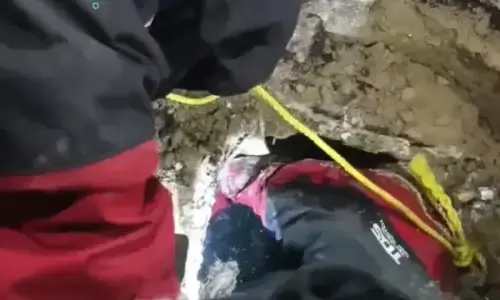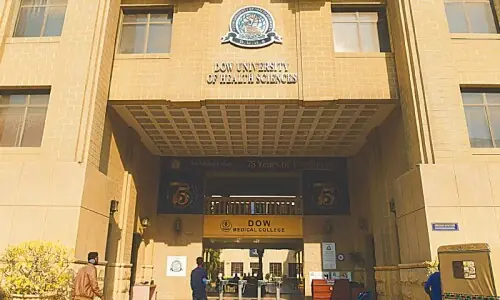Chief Justice of Pakistan Qazi Faez Isa, on April 28, directed that within three days all encroachments from public spaces, including pavements, should be removed. This is not dissimilar from the order issued by then-CJP Justice Gulzar Ahmed in 2018. As a result of that order, according to some estimates, 6,500 cabins and shops, most of them built by the state itself, were demolished, and over 6,000 hawkers were removed from the pavements of the city centre.
This massive removal of the street economy of Karachi affected not only the hawkers but also the supply chain, manufacturing chain, and the international trade that feeds street retailing in which the hawkers are engaged. Dry fruits from Afghanistan, tea from Kenya and Sri Lanka, exotic animals and birds from South America and Singapore, eggs, vegetables, and fruits from all over Pakistan became unavailable.
This removal of the street economy resulted in an increase in poverty and homelessness and the breakup of well-established trade, retail, and social relationships. And worst of all, the discontinuation of the education of hundreds of children.
Within five to six months, the hawkers were back except for the compound of the Empress market, and the manufacturers and the traders started functioning again. Bhatta increased, and rentals of shops became unaffordable for those who sought freedom from continuing as hawkers. The importance of the street economy is described in great detail with statistics in a World Bank report, “Karachi’s Street Economy,” carried out in 2020.
Many Asian and European cities have street markets which coexist not only with pedestrians but also with vehicular traffic
In my opinion, encroachments preventing the entrance and exit to government institutions should be removed at all costs. However, those encroachments which provide this poverty-ridden city with jobs and income and the state with jobs and income for its citizens, should be reorganised so that they can coexist with an unhindered pedestrian movement for the time being. Many Asian and European cities (such as Mumbai, Bangkok, Paris, and Rome) have street markets and hawkers, which coexist not only with pedestrians but also with vehicular traffic.
It might be worthwhile if a study on the spatial reorganisation of congested areas which are dominated by hawkers is carried out and a pilot project of coexistence between them and pedestrian movement is initiated. The chief justice can order this, although experience tells us that Supreme Court orders are seldom complied with. And just as well, the law should not be used to cause injustice and misery.
The author is an architect.
Published in Dawn, May 6th, 2024
In a letter sent to Dawn following this comment piece, the Supreme Court registrar said the court had issued no order for the removal of hawkers.



































